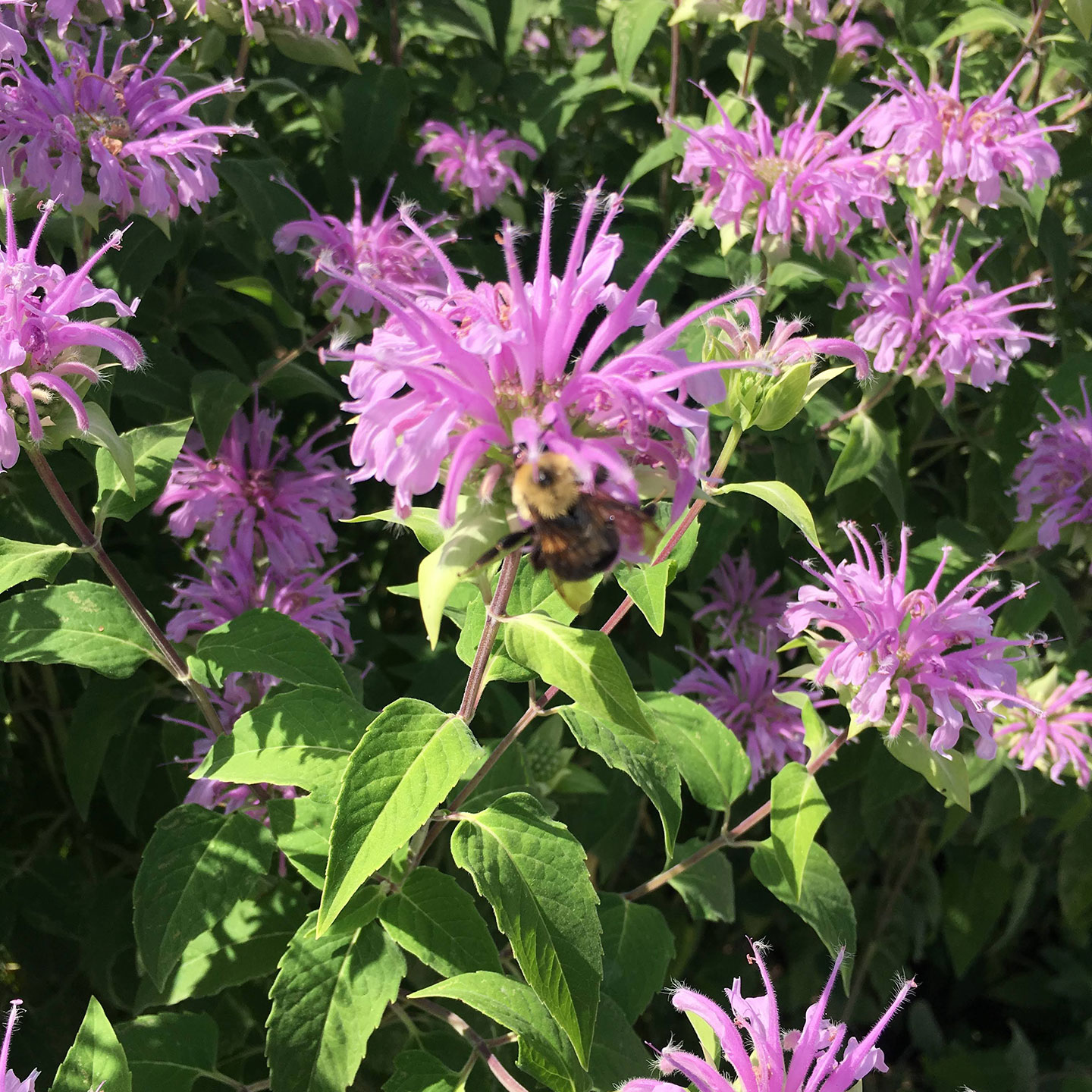
Dealing with College Stress
Stress is a part of everyday life in college, whether it be from living on your own for the first time or trying to figure out these seemingly impossible college classes. Certain classes within your chosen major can make you rethink your decision, but with the right healthy habits in and outside of the classroom, it can make excelling in these classes all that much easier.
Correlation Of Various College Major and Stress Levels
I interviewed upperclassmen college students on my campus, all with varying majors, to see what they do to help with everyday college stress and what advice they would like to give future freshmen. I interviewed several upperclassmen with majors such as Biomedical Science, General Business, Kinesiology, and my own Animal Science. Overall, the majors that centered around teaching, kinesiology, and general business had a lower stress environment; while the majors centered around science or math, like animal science and biomedical science had a very high stress environment. No matter the specific major, stress can hit at any moment, and it can be pretty jarring.
Spending Time with Those That Make You Happy
There are many different ways to help deal with this or help prevent too much stress in the future. My friend majoring in kinesiology enjoys spending time outside playing sports with his friends. He also enjoys spending time with their family at church or meditating with friends.
Stay On Schedule with Your Studies
My friend majoring in biomedical science likes to help prevent future stress by paying special attention to her study schedule. In addition to in-class time, she schedules at least 2 hours of study time for each class each week, sometimes more. She says this keeps her up-to-date on all the new information making her more confident in her knowledge on the subject which makes her calmer and less stressed in the long run.
Enjoy and Perfect Your Talents
My friend majoring in general business has a different type of stress management technique; he loves to play the drums and perfect his skill with new songs. He also loves to hang out with his friends or play video games. Being around people you love like a close friend or family member is a wonderful way to destress. Just talking about how you feel and what you are worried over helps relieve pressure and can bring a clearer mindset to get back to work.
Get Outside
My personal way to help relieve prevalent stress in my major is to spend time outside. Taking a walk; being in fresh air, walking around watching nature, is very therapeutic and can also help you see different ways to solve problems. Another way that I have found to help is to take a break and focus on yourself. Making a meal, doing some skincare, or taking a shower are great ways to take your mind out of what you are stressed over and put it in a more relaxed state. You will feel more refreshed and will have a clean slate to start again.
It is safe to say it is easy for students new to living on their own to be drawn to the poorer choices in stress management on a whim because they weren’t expecting some resistance in their studies. Making good habits early and plans for when a certain class or just life is getting too hard is how you can build lifelong habits that are amazing for your health both physically and mentally. I hope you can find a stress management system that works for you and that you try some of the ideas to help these stressful school years.
Do you have a compelling story or student success tips you’d like to see published on the Pearson Students blog? If you are a college student and interested in writing for us – click here to pitch your idea and get started!







